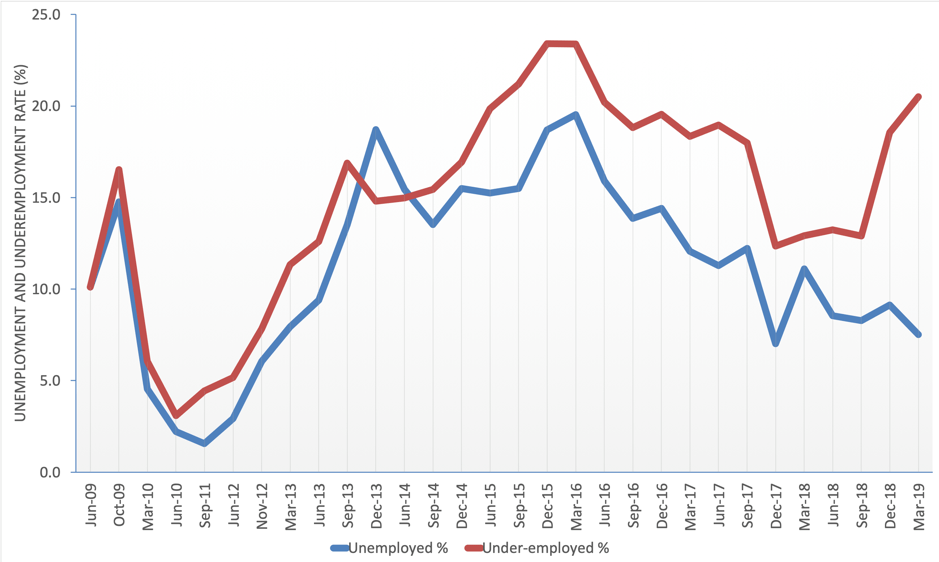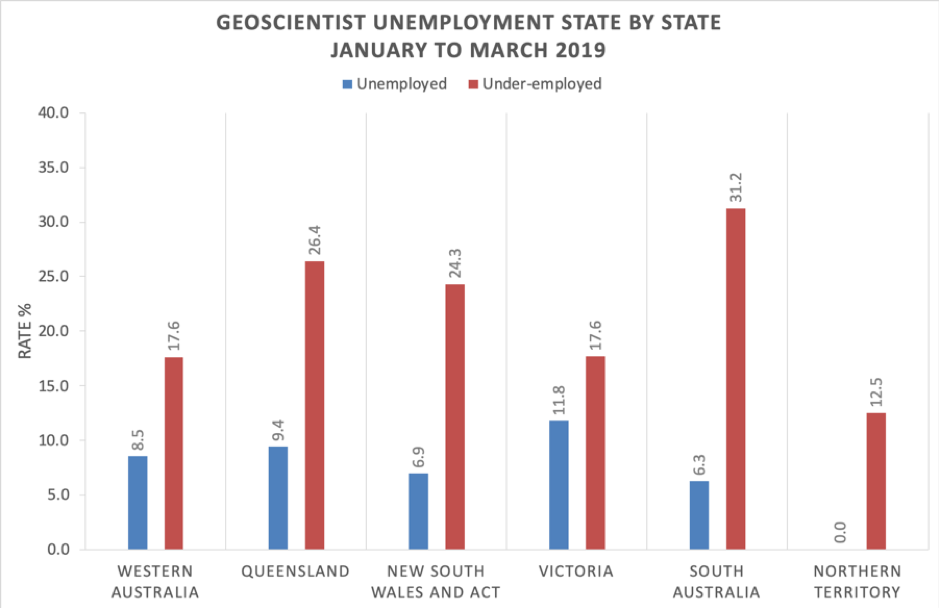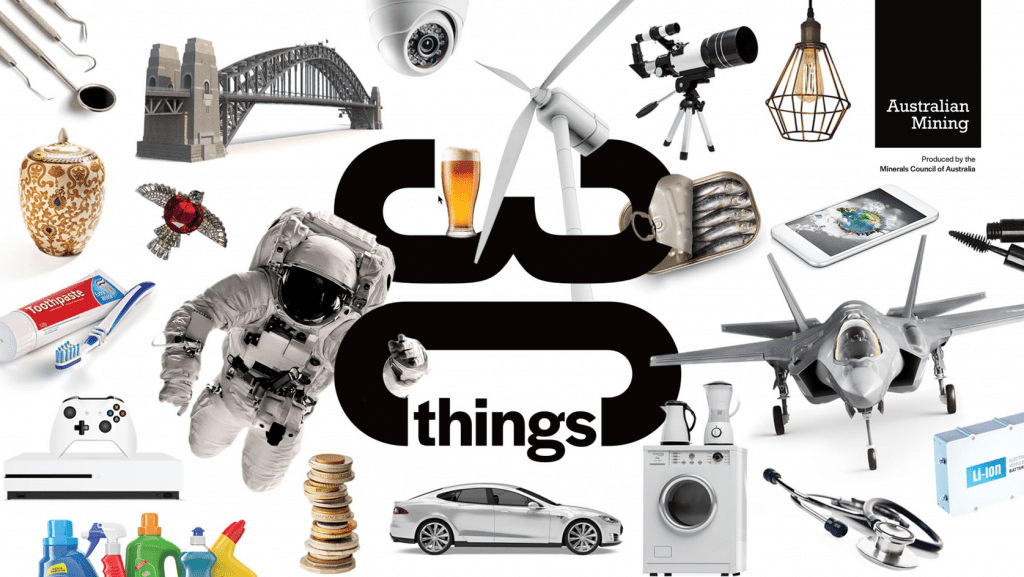Regretfully, John Sykes has resigned as a Councillor. John wishes to devote his time to his role as an AIG mentor in Western Australia. Sincere thanks are extended to John for his work on Council, where he provided wise counsel on a number of issues.
The casual Council vacancy has been filled by Peter Smith. Peter is a Fellow of the Institute, based in Victoria and was a candidate for Council in the recent election.
Welcome Peter!
The new Council met last Monday (20 May) to appoint Councillors to Executive Committee roles and standing committees.
The Executive positions for the coming year are:
President: Andrew Waltho
Vice President: Patrick Maher
Secretary: Rod Carlson
Treasurer: Tim Pippett
Permanent Committee Chairs:
Finance: Tim Pippett
Legal: Andrew Waltho
Qualifications and Membership: Patrick Maher
Registration Board: Sam Lees
The Complaints, Ethics and Standards and Risk and Audit Committee Chairs will be appointed at the Face to Face Council Meeting in June.
Working Committee Chairs:
Education: Kaylene Camuti
Geotourism: Ian Neuss
National Graduate Committee: Genna McDonaugh, Liaison: Katarina David
National Mentoring Program: Doug Young
National Rock Garden: Ken McQueen
Professional Issues: Wayne Spilsbury
Publications: Andrew Waltho
Reciprocal Recognition: Matthew Cobb
Service Award: Tim Pippett
The Nominations Committee Chair will be appointed at the Face to Face Council Meeting in June.
Lynn Vigar is continuing as AIG’s Executive Officer. AIG’s secretariat services will continue to be provided by The Association Specialists, Sydney, with a review of the secretariat contract planned for the coming year.
Australian Geoscientist Employment Survey – March 2019
Unemployment amongst Australian geoscientists continued to fall during the first quarter of 2019. At 31 March 2019, the latest AIG Australian Geoscientist Employment Survey revealed an unemployment rate of 7.5%, down from 9.1% recorded three months earlier at the end of December 2018.
The underemployment rate amongst self-employed geoscientists, however, increased to 20.5%, continuing an upturn in the under-employment rate evident in the December 2018 survey when a rate of 18.5% was recorded.

The fall in geoscientist unemployment continues a gradual, downward trend that became evident in March 2016.
In the first quarter of 2019, geoscientist unemployment increased in all states except Queensland and the Northern Territory. The biggest increase was observed in Victoria where the unemployment rate increased from 5.9% to 11.8%. In Queensland, the unemployment rate fell from 15.1% to 9.4%. Underemployment increased in every state except South Australia, where the rate fell from 36.8% to 31.2%. Too few responses were received from Tasmania to quote figures for that state.

AIG President, Andrew Waltho, welcomed the continued fall in geoscientist employment but noted that self-employed geoscientists continued to struggle.
“There is, clearly, evidence that increased industry activity, particularly in mineral exploration, is creating new employment opportunities for geoscientists, particularly in mineral exploration, but any talk of a boom seems premature” Mr Waltho said.
“We received excellent response to the survey again, with more than 400 contributions received from geoscientists across Australia” Mr Waltho said.
The next survey in this series, for the second quarter of 2019, will open for contributions in early July.
The AIG Annual General Meeting was held in Brisbane last night (14 May, 2019) at the Transcontinental Hotel. The meeting was attended by 25 members. Five members also submitted proxies for the meeting.
Andrew Waltho, stepping in for AIG President Mike Erceg who was unable to attend due to work commitments in Papua New Guinea, chaired the meeting and presented a summary of AIG’s status and issues on which Council had been focusing on over the past year. A copy of Andrew’s presentation is available here, along with Mike Erceg’s President’s report and the Treasurer’s report prepared by AIG’s Treasurer Tim Pippett.
The results of the election to fill seven Council regular vacancies were announced. There were fourteen candidates for the seven positions available. The successful candidates were:
These councillors are eligible to serve until the 2021 Annual General Meeting.
In addition, there were two casual vacancies available that Council elected not to fill at the most recent Council meeting and were, therefore, open to be filled by a vote of members at the AGM. The meeting unanimously resolved to appoint the two candidates with the next highest number of votes in the Council election to these positions.
As a result:
will join the Council until the 2020 AGM when the positions they have been appointed to would normally be declared vacant, in accordance with Clause 27(a) of AIG’s Constitution.
Members were also asked to vote on a resolution to accept proposed changes to AIG’s Code of Ethics. 96% of members who lodged valid votes agreed with the proposed changes and the members attending the AGM unanimously endorsed this result.
623 valid votes were received from eligible members.
The proposed changes are effective immediately.
The new Council for 2019-2020 is:
Councillor’s names followed by * are eligible for re-election in 2020.
Congratulations to both our new and returning Councillors and thanks to those members who participated in the election and attended last night’s Annual General Meeting.
It was announced that Julian Vearncombe had agreed to accept the role of Chair of AIG’s Ethics and Standards Committee, replacing Jacqui Coombes. This is a very important role in AIG’s efforts to continuously improve professional practice by members.
The Annual General Meeting concluded with questions from the floor, dealing with AIG’s on-line membership application system and the status of considerations to appoint a CEO to manage AIG business.
The AGM was followed by a Queensland Branch technical talk: Development in understanding of the Tritton-Girilambone Cu District: Resolving hydrothermal mineralisation in multiply-deformed rocks presented by Travis Murphy of CSA Global.
30 Things, released recently by the Minerals Council of Australia, focusses on the science of materials, materials that mineral and energy explorers, resources developers and miners and petroleum producers find, extract and create for the economies, nations and people of the world.

30 Things is a great resource for pointing out the contribution of minerals and metals to everyday life – things we take for granted like:
Download 30 Things in PDF format from the Minerals Council of Australia website.
High-tech metals are used in rapidly growing advanced-technology industries that are now being boosted by consumer demand for a high-tech, connected and environmentally sustainable future.
The Geological Survey of NSW has released a map, report and a series of fact sheets highlighting their state’s contribution to this emerging sector of Australia’s minerals industry.

The variety of products using high-tech metals are almost endless: from tiny mobile phone parts through to medical applications such as hip replacements and pace makers; from storing solar energy at the home to electric vehicle components and parts for huge wind turbines; even flying above us in parts for aircraft and satellites – high-tech metals play an important role in modern life.
NSW is rich in high-tech metals, offering exciting opportunities.
This map shows areas in NSW that currently produce, or have the potential to produce, high-tech metals including:
The map also explains the sources and uses of high-tech metals, contains important project summaries, and provides charts of current world production and reserves. A detailed glossary and reference list are also included.
Find out more on the NSW Geological Survey website.

Scholarships available for Indigenous, LGBTQ+ and regional STEM professionals
Scholarships will cover full registration including the gala dinner in the Great Hall at Parliament House, as well as travel, accommodation, meals and transfers. Financial assistance for childcare is available upon application.
Science meets Parliament brings around 200 Australian scientists and technologists to Canberra for professional development, networking, and to meet face-to-face with MPs and Senators. It is a highlight of the annual parliamentary calendar and has enhanced mutual understanding between parliamentarians and scientists as well as fostering enduring partnerships and collaborations.
Please note that to be eligible for these scholarships you must be a member of or employed by an STA member organisation. AIG members are eligible to apply through AIG’s membership of the Australian Geoscience Council.
The Indigenous STEM Scholarships are proudly supported by the Australian Academy of Science (AAS) and the ARC Centre of Excellence for Engineered Quantum Systems(EQUS).
Applications will close on 15 June 2019, with recipients to be contacted by 30 June 2019 and an announcement made shortly after.
For organisations interested in supporting one or more scholarships through sponsorship please get in touch with us at info@sta.org.au.
The scholarship application form is available here.